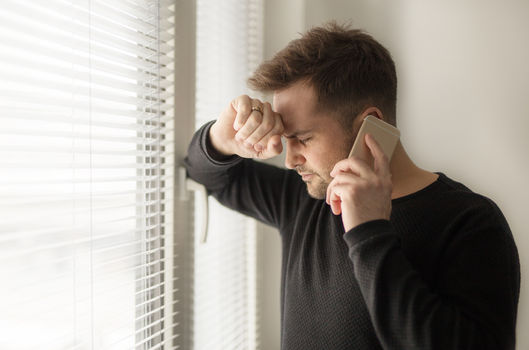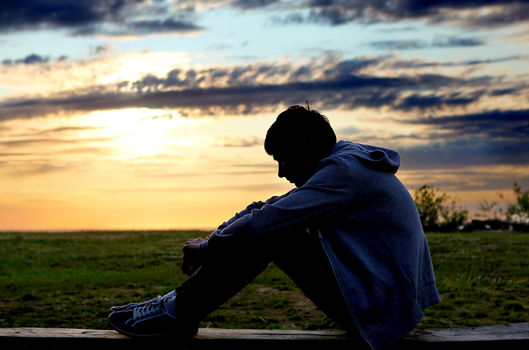Act Now!
If you are worried that your son or daughter may be sexually harming another child, or if you suspect that your child is being abused act now.
Action can lead to abuse being prevented, and children who are being abused receiving protection and help to recover. It can also lead to the abuser getting effective treatment to stop abusing and grow up as a safer member of our community. We need to get support for ourselves too.
Call the Stop it Now! Helpline on 0808 1000 900 to talk through any concerns or worries you have.
Finding out that your child has sexually harmed another child
Discovering your child has carried out harmful sexual behaviour can be extremely difficult to comprehend. Parents may feel:
Shock and denial – it may lead to feelings of disbelief, thoughts he/she can’t have done that, he/she isn’t capable, denying or minimising the extent of the harm as it is too difficult to understand or come to terms with.
Confusion – questioning how and why the sexual behaviour happened, confused about conflicting feelings towards the child, confusion over what happens next, how to get support, how to move forward.
Guilt - it may lead to questions such as how did I not know, how did I not see the signs, feeling guilty at not protecting/safeguarding, questioning parenting.
Shame and stigma – concern over thinking what will people think, how can we show our faces again, and feelings of shame about the behaviour, concern about the stigma attached and community reactions.
Anger and blame – thoughts of how could he/she do this, feeling anger at self, anger at a child, anger at partner, anger at the victim, blaming others, blaming the victim.
Isolation – feeling unable to talk to anyone about it, lacking support, close relationships can become damaged.
Powerless/helpless – feeling out of control with events after finding out, there may be involvement from legal or other agencies leading to confusion, feeling that decisions are being taken away.
Conflicted – there can be mixed feelings of hurt, love and anger about the child involved, there may be conflicted priorities and issues causing concerns, particularly if the victim of harm is another child in the family or known to you.
What can you do?
If you have concerns about your child’s sexual behaviour it is important that you try and remain calm, supportive and rational in your responses.
For children and young people to be open about sexual behaviours they need to feel safe to talk. It is possible that they may have fears or concerns themself about their behaviour, or about the possible response/consequences to their behaviour.
Gaining an understanding of what may have happened or been going on for the child is crucial, but it is important to try and gather the facts that happened in a way that does not shut them down.
Talking about the concerns is the first step. Gathering information about what may have happened, who is involved and what the responses have been.
As a parent you may find yourself in a difficult situation, especially if you discover your child has caused harm to someone, and if the person or persons involved are known to you/within your family.
If harm has been caused it is crucial that safeguarding measures are put in place immediately to prevent further harm. It is possible that the matter will need to be reported to the Police/Social Services.
Safety Plans
When harmful sexual behaviour has taken place, safety plans can form the basis of safeguarding against further harm.
Look in our section about creating a Family Safety Plan.
The rights of children
Children are children. Children who commit harmful sexual behaviours are not the same as adults who do so. Some people who commit harmful sexual behaviours as children may go on to abuse again, and may go on to abuse in adulthood. However, most will not. Most children who have committed harmful sexual behaviour as a child do not do so again.
Whilst it is appropriate to treat children as children and understand their behaviour within the context of their age and stage of development, it is not ok for children and young people to commit harmful sexual behaviours.
It is important to protect all children from harm. It is important that we treat all children and young people with decency, compassion, respect and empathy.
Reporting of Child Sexual Abuse in Scotland
If you suspect a child is being sexually abused, getting the proper help and support is vital.
What if a child tells me they have been/are being abused?
Where do you start when a child tells you they have or are suffering abuse? How do you respond with care and urgency?
Did you know?
The Internet Watch Foundation assessed a webpage every 2 minutes, in 2018, and every 5 minutes that webpage showed a child being sexually abused.
Source - Internet Watch Foundation Annual Report 2018
Read more







